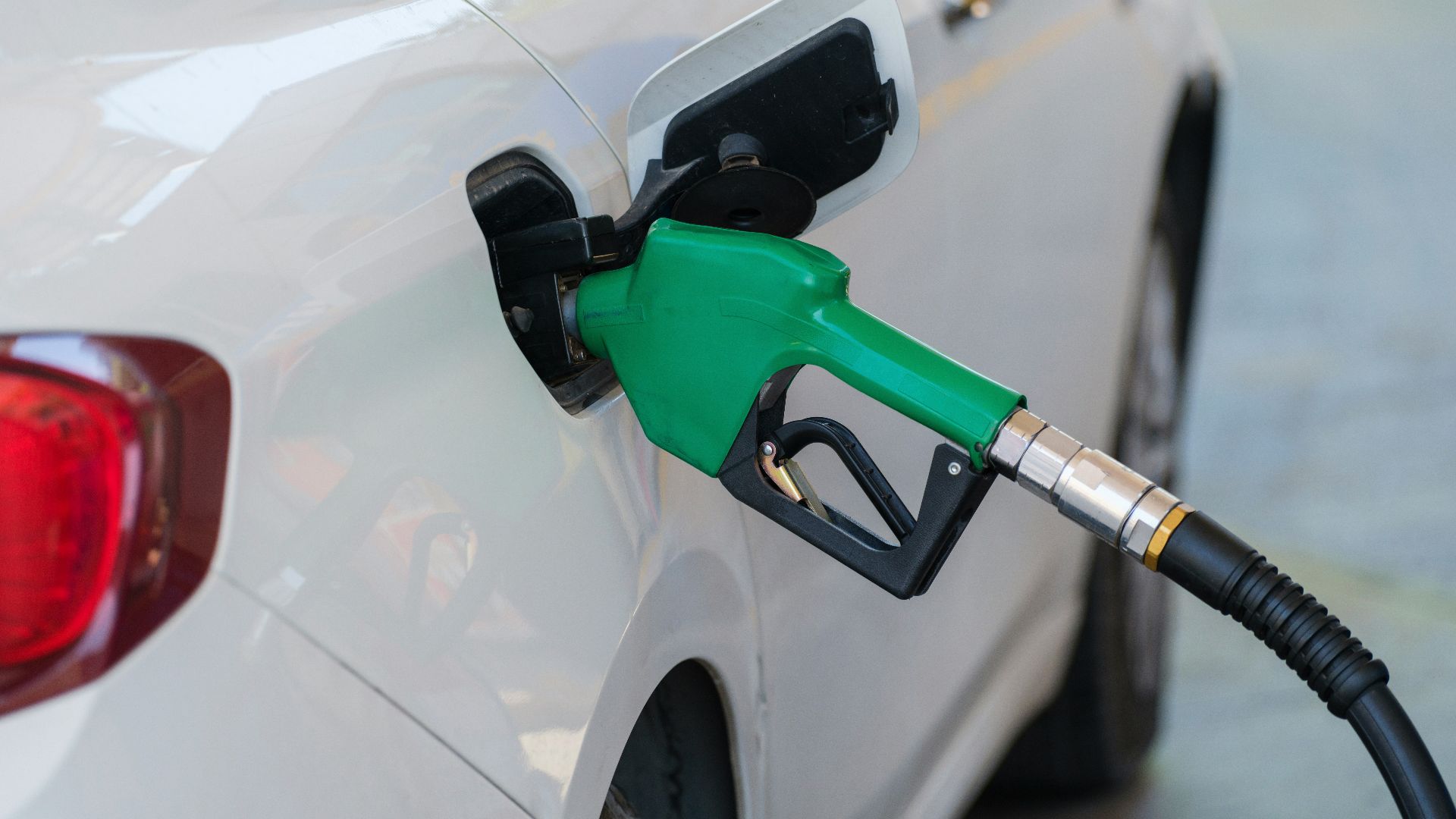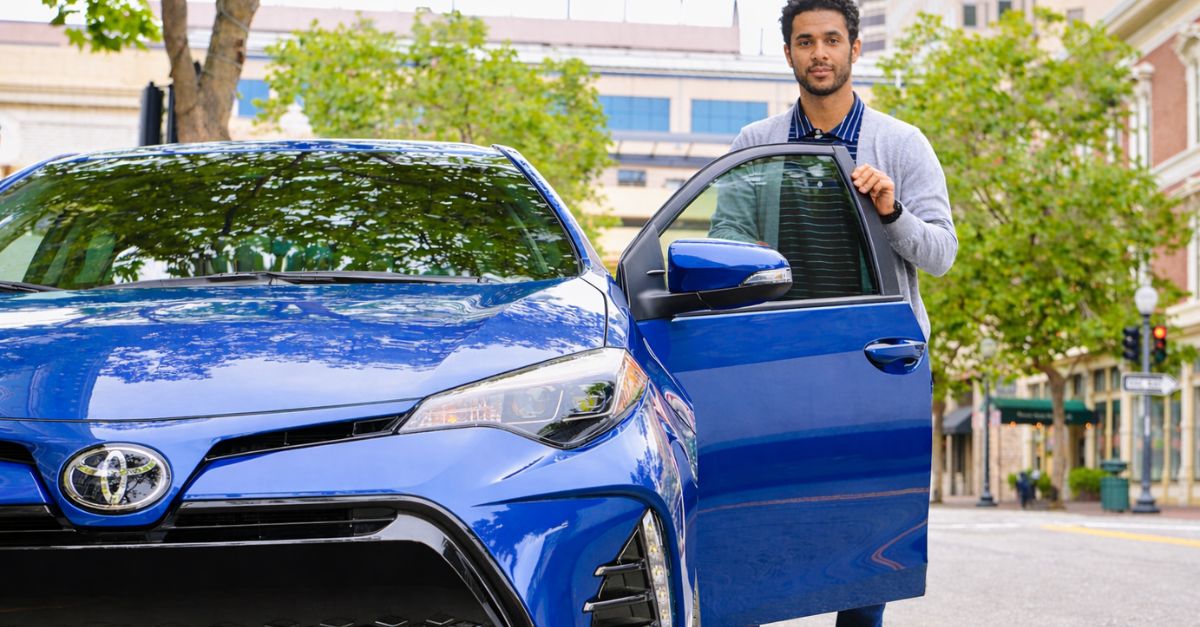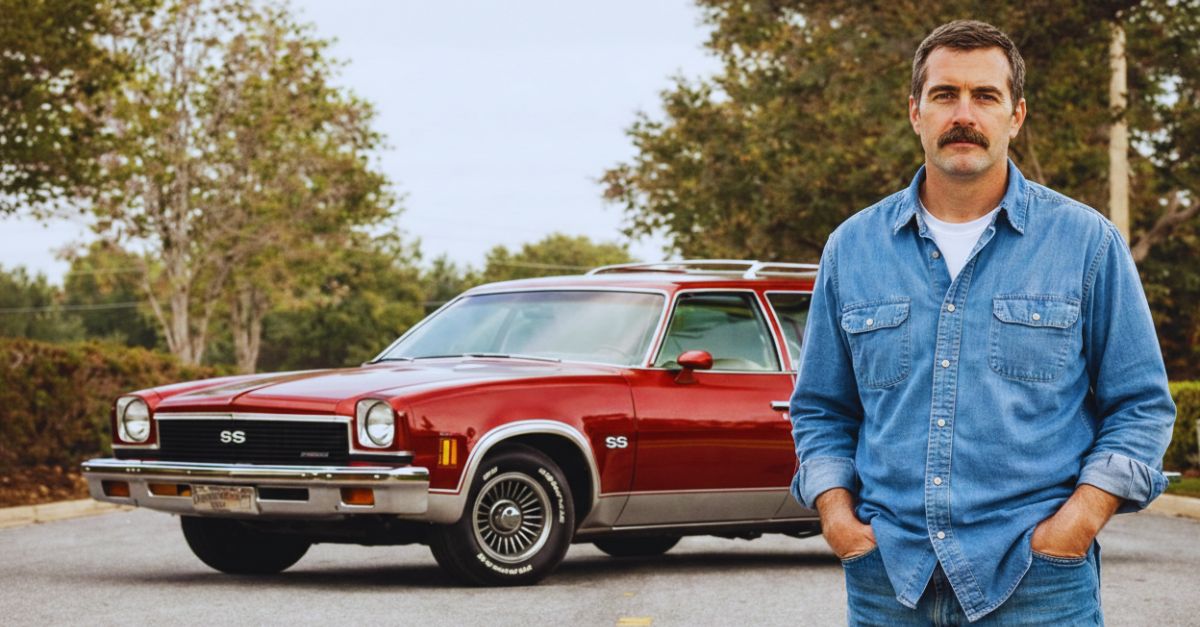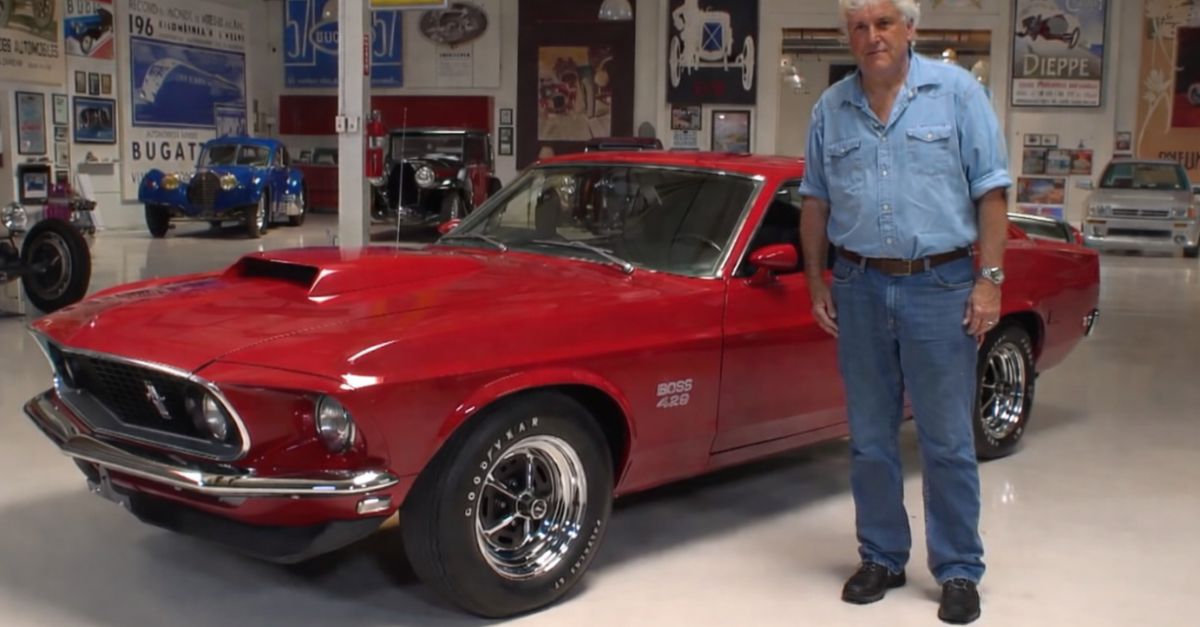Time To Let Go
Cars are awesome. They get us places, they turn heads, and sometimes we form deep emotional attachments to them. But every good comes to an end. Whether it’s cost, time, or just plain change of heart, here are signs that you should probably sell your car.
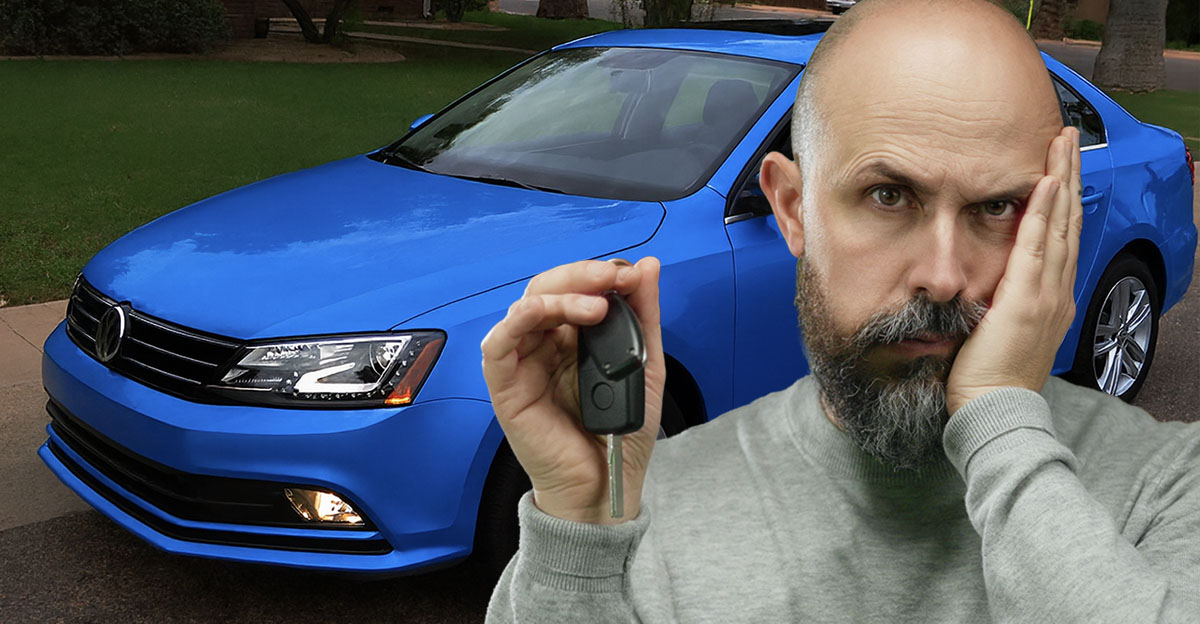
Repair Bills Keep Climbing
If you feel like you're writing blank checks just to keep the thing on the road (major repairs back to back, more downtime than driving time) that’s a solid hint. When a car keeps demanding cash like it’s a hobby instead of transportation, it might be time to say goodbye.
It’s Spending More Time In The Shop Than On The Road
A car that spends more hours under a hoist than on the highway isn’t doing its job. If weekends are dominated by wrenches and YouTube how‑tos instead of cruises or errands, you’re doing more with your mechanic than your ride.
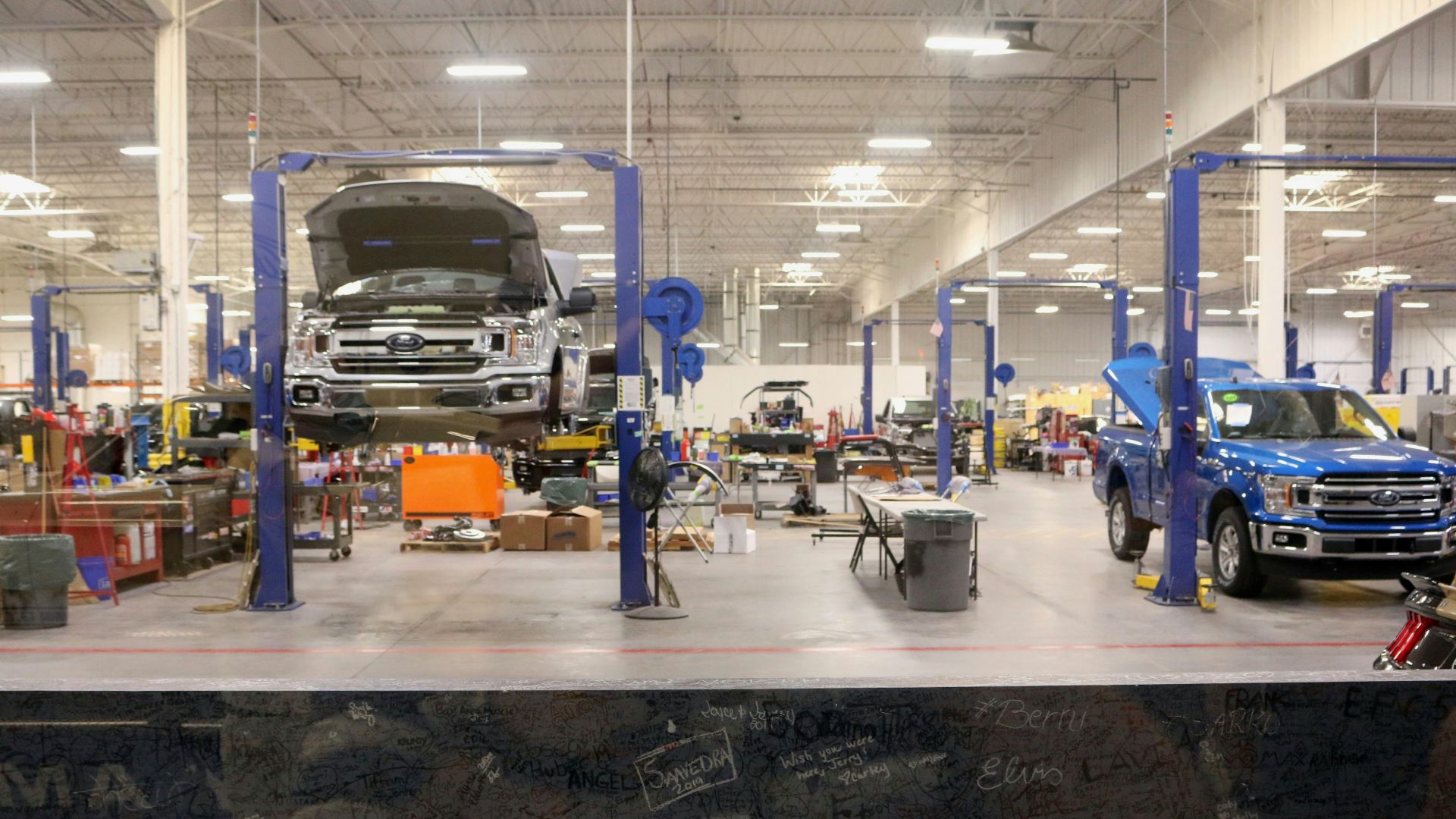 Laurel and Michael Evans, Unsplash
Laurel and Michael Evans, Unsplash
It’s Using More Fuel Than It Ever Did
Maybe it used to sip fuel and now it guzzles like a frat house keg. If mileage has tanked (pun intended) and the cost at the pump is killing your budget, it’s a sign. Rising fuel costs plus poor efficiency equals a serious red flag.
Parts Are Hard (Or Expensive) To Find
If you’re hunting down obscure parts, paying premium shipping, or waiting weeks for something the car needs, that’s a drain. Classic? Maybe cool. Practical? Not so much. The hassle might outweigh the joy.
You’re Tired Of Constant Maintenance
Oil change here, fluid flush there, sensors, belts, gaskets… When routine maintenance feels like a full‑time job instead of a quick stop, the fun factor drops fast. If you dread the driveway, that’s a sign.
Safety Tech Is Behind the Curve
If your car doesn’t have modern safety features that make you feel secure (blind‑spot monitors, smart brakes, crash avoidance) and you’re worried about it, that’s a hint. Technology has moved on so maybe your car should too.
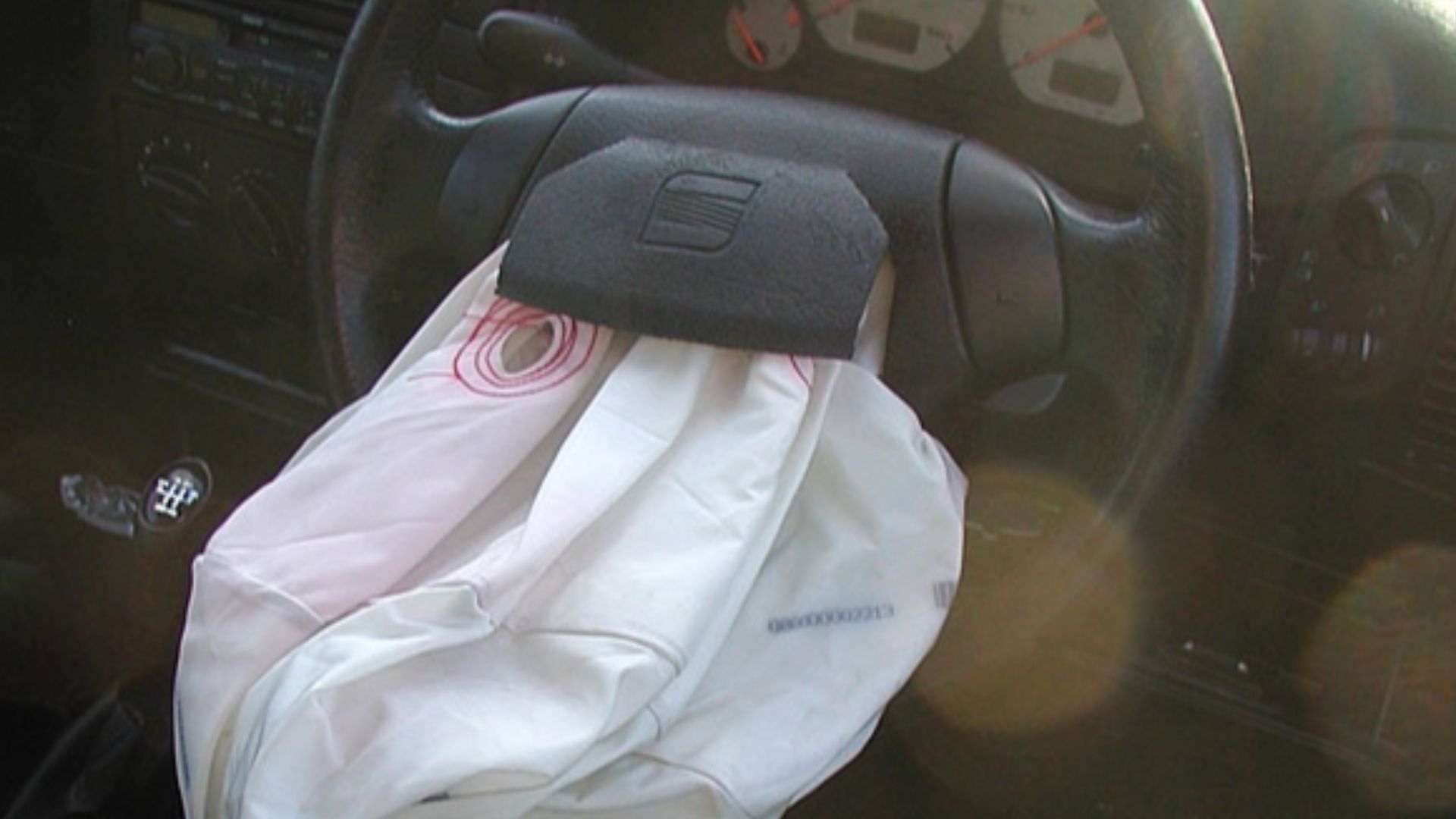 Users Lupin, Arpingstone on en.wikipedia, Wikimedia Commons
Users Lupin, Arpingstone on en.wikipedia, Wikimedia Commons
Insurance Or Registration Costs Are Soaring
Maybe your registration jumped because the car’s value is high, or insurance premiums spiked because of age or parts availability. When running the car begins to feel like a recurring financial trap, you should rethink ownership.
It No Longer Fits Your Life
Your needs change. Maybe you need more space for kids, or less because you down‑sized to a tiny apartment. If the car doesn’t match your reality (by being too big, too small, or too inefficient) selling might make sense.
It’s Just Sitting In The Driveway
If your car’s gathering dust, being overlooked for ride‑sharing, other vehicles, or just 'meh' usage, you’re paying for zero. A vehicle that isn’t being used is a money‑pit, and the smarter option is to let it go.
You’re Constantly Upgrading
If you catch yourself browsing ads, window‑shopping cars, or dreaming of something else, it means your heart’s elsewhere. The cost to keep one car while emotionally moving on to another is real. Time to decide.
Depreciation Has Eroded Value
If you’ve got a car that’s plummeting in value every year, and you’re expected to take a loss anyway, you might want to get ahead of it and sell before it gets worse. It’s about minimizing damage.
It’s Becoming A Safety Concern
Structure showing rust, brake performance slipping, tires balding—when you start feeling unsafe behind the wheel, that’s a serious sign. Your car should help you feel secure, not constantly worried.
Ownership Is A Stress Trigger
If instead of joy you feel stress, frustration, or regret whenever you start the engine or pay the monthly costs, you’re missing the point. Ownership should enhance your life, not complicate it.
Storage & Parking Have Become A Nightmare
Maybe space is limited now, or parking fees are insane, or you can’t find spots. If your car is more of a logistical burden than a convenience, that’s a heavy sign to cut ties.
You’ve Replaced It Mentally With Another Vehicle
When the new car you want is more fun to think about than the one you have, your attachment is going the wrong way. When your mind’s on the next ride instead of enjoying the current one, you should act.
You’re Paying For Value You Don’t Get
If the cost of ownership (fuel plus maintenance plus insurance plus time) is more than the value you feel from the car, it’s mismatched. A vehicle should deliver benefit; if it doesn’t, the math adds up.
It’s Underperforming Your Needs
Maybe acceleration feels slow, handling is sloppy, tech is lacking, ride comfort is poor. If you’re forced to compromise every time you drive, that’s a sign. The car should serve you, not hold you back.
Environmental Or Regulatory Pressures Are Growing
If the vehicle is being hit by emissions laws, tax hikes, or you simply feel guilty about fuel consumption or environmental impact, that internal conflict matters. When your values clash with your ride, consider changing.
You’re Planning A Major Life Shift
Whether it’s a new job, moving to a new city, a growing family, or switching to remote work, big life changes often require a vehicle change too. If your current car no longer fits that roadmap, selling can unlock flexibility.
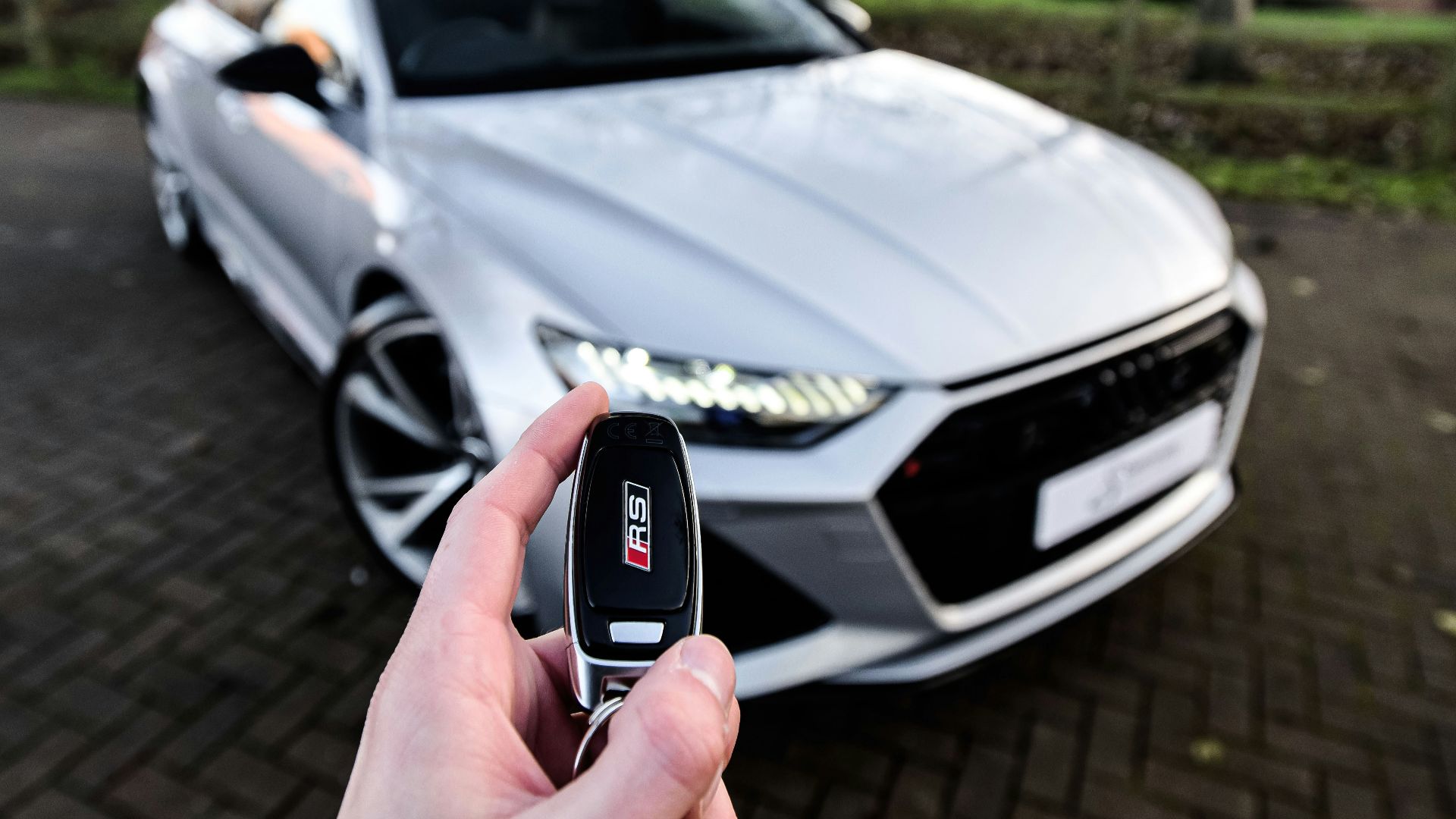 Swansway Motor Group, Unsplash
Swansway Motor Group, Unsplash
You’re Ready For Something New
If you genuinely can’t wait for your next ride, are excited for fresh exploration, or just feel that itch for change, that’s a core sign. Cars change, you change, and sometimes letting go leads to the next chapter.
You May Also Like:
New Cars In 2025 That Offer Amazing Value For Their Price Tag
Driving A 10-Year-Old Car? Here's Good News And Bad News
The Best Time to Buy a New Car
Source: 1



